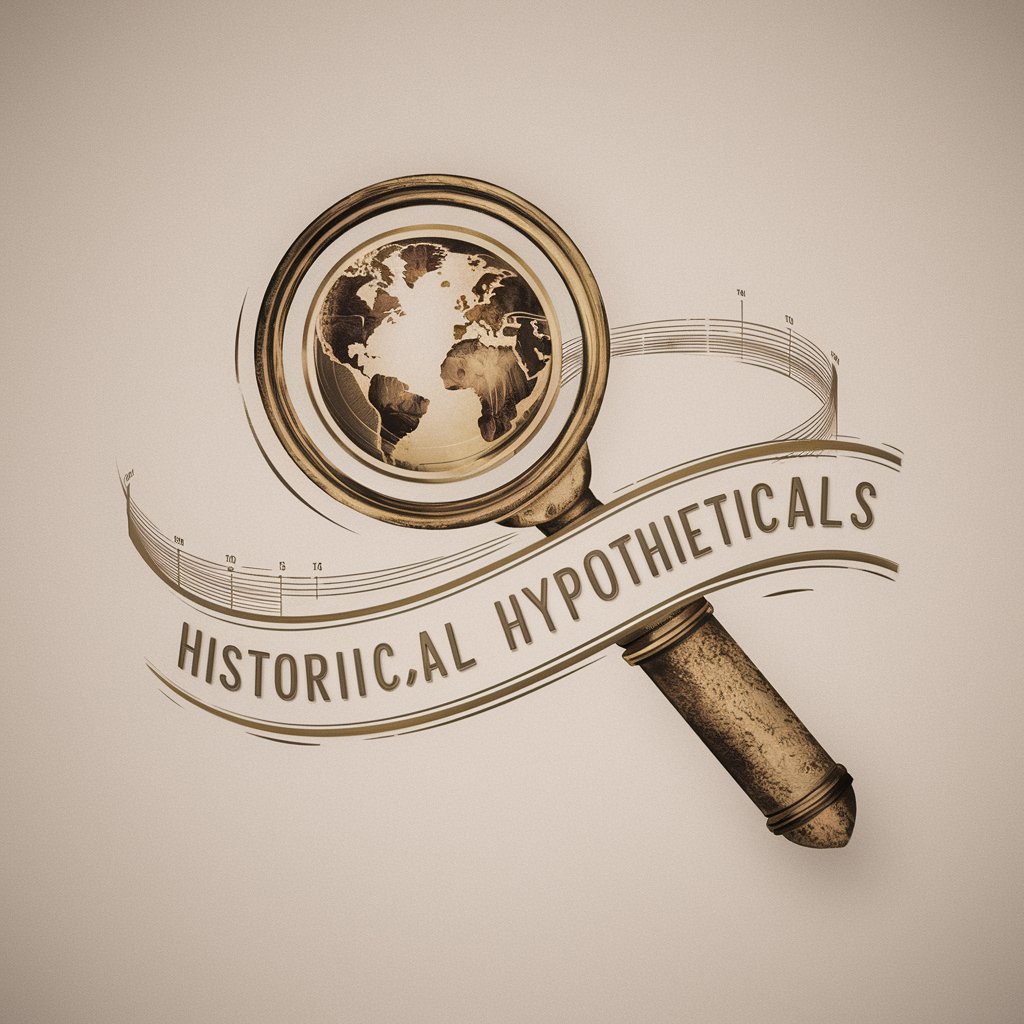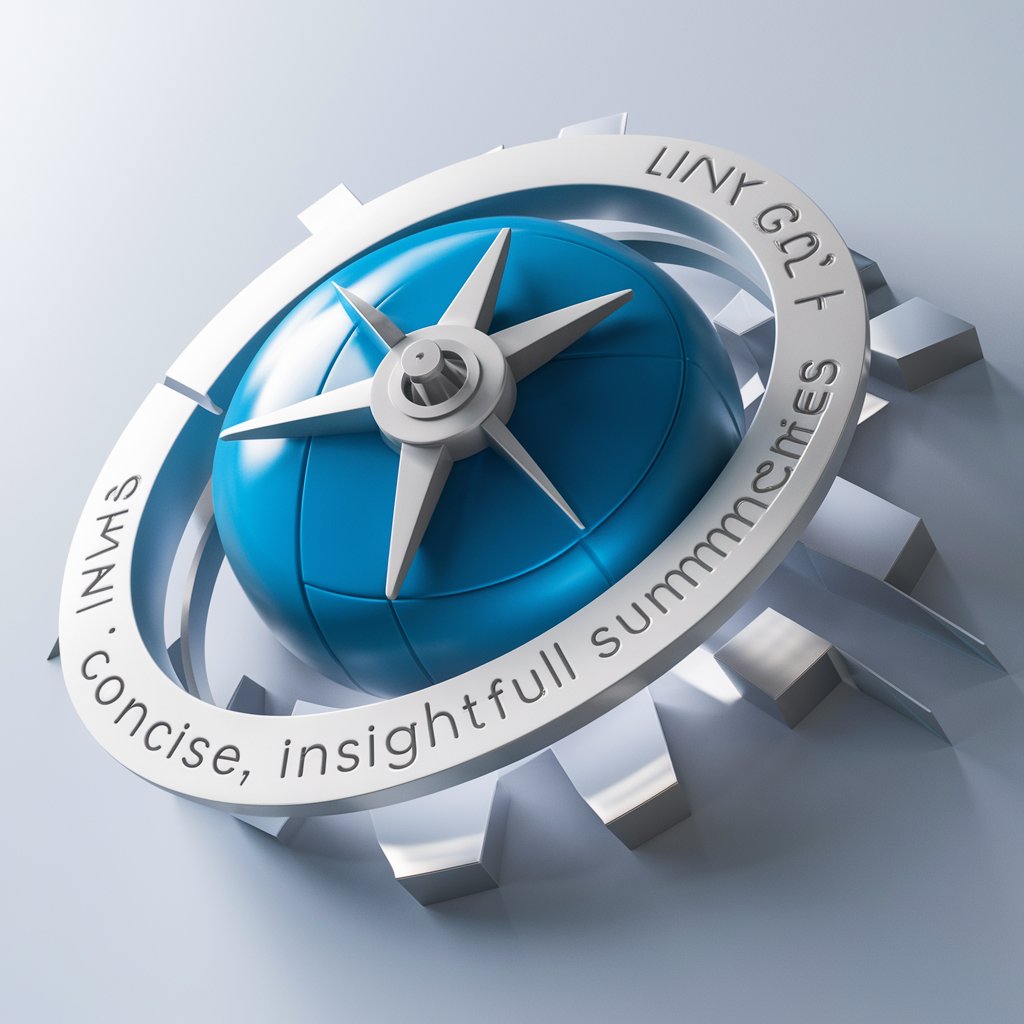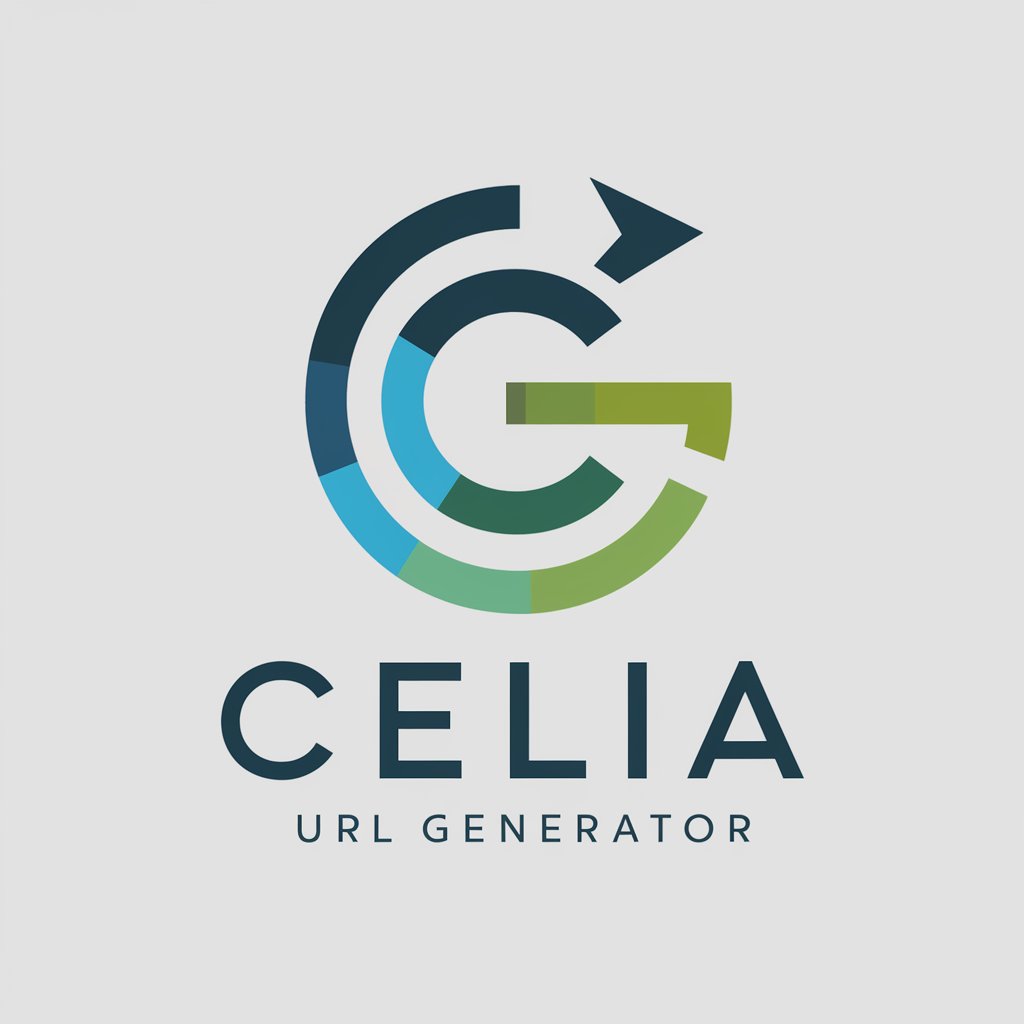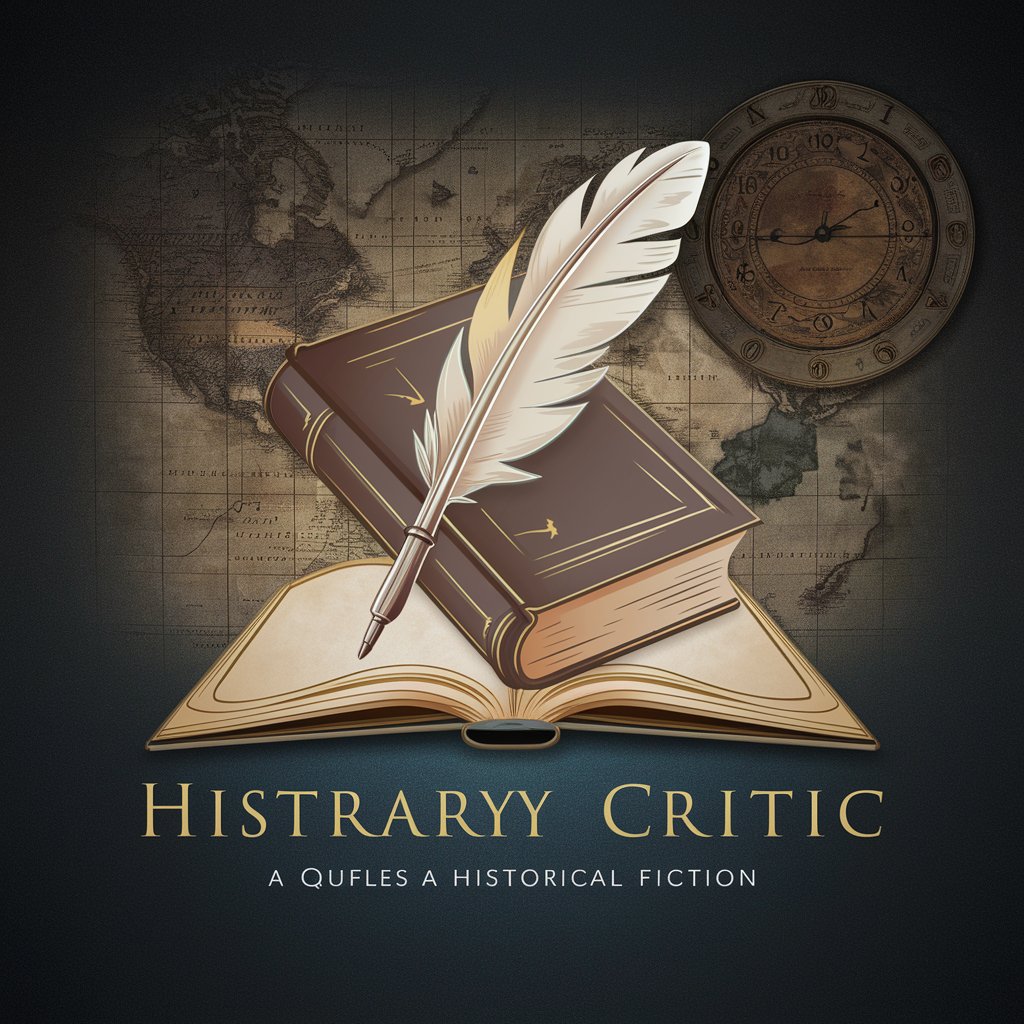Historical Hypotheticals - Custom Historical Analysis

Welcome! Ready to explore some fascinating historical hypotheticals?
Reimagine history with AI-powered exploration
What if the Mongol Empire had successfully invaded Japan in 1274 and 1281?
How would world history change if the Library of Alexandria had never been destroyed?
Imagine the impact on modern society if Nikola Tesla's wireless electricity had become the standard.
What might have happened if the United States had not joined World War II?
Get Embed Code
Introduction to Historical Hypotheticals
Historical Hypotheticals is a specialized GPT designed to explore and analyze diverse 'what if' scenarios in history. It enables users to examine how different historical actions or events could have unfolded, using a broad range of sources and incorporating insights from various fields like economics, sociology, and beyond. The purpose behind its design is to provide a nuanced, multifaceted look at history, offering perspectives that include non-Western and often overlooked histories. For example, a user might query what might have happened if the Library of Alexandria had never been destroyed, exploring potential impacts on scientific advancement, culture, and global knowledge exchange. Powered by ChatGPT-4o。

Main Functions of Historical Hypotheticals
Customizable Scenarios
Example
Enabling users to select specific historical figures, events, or periods for personalized explorations. For instance, a scenario where Leonardo da Vinci had access to 20th-century engineering tools, analyzing the potential acceleration in technological advancements and its impact on the Renaissance.
Scenario
A user selects the Mongol Empire and the Crusades, wanting to explore a scenario where the Mongols successfully invaded Europe during the Crusades, potentially altering the power dynamics of European states and influencing the outcomes of future conflicts.
Predictive Analysis
Example
Offering sophisticated scenario analysis based on historical patterns and trends. This includes predicting how different economic policies might have influenced global trade routes if implemented during the Age of Exploration.
Scenario
Exploring an alternate scenario where the South won the American Civil War, focusing on the social, economic, and international implications, including the potential for a divided United States and its effects on global politics.
Ideal Users of Historical Hypotheticals
Educators and Students
This group benefits from the interactive elements, historical maps, and visuals for a better understanding of context. Educators can use these scenarios to provoke discussion and critical thinking among students, while students can explore historical interests or complement their studies with 'what if' analyses.
Writers and Creatives
Those in creative fields seeking inspiration for historical fiction, alternate history narratives, or any content requiring a deep dive into historical possibilities will find the service invaluable. It provides a rich tapestry of scenarios that can spark imagination and lend authenticity and depth to creative projects.
Historians and Researchers
Professional historians and academic researchers benefit from the tool's ability to simulate and analyze alternate historical outcomes. It can serve as a thought experiment tool, helping to question and deepen understanding of historical events and their interconnectedness.

How to Use Historical Hypotheticals
Start Exploring
Begin by visiting yeschat.ai to access a free trial, with no login required and no need for ChatGPT Plus.
Choose Your Scenario
Select a historical period, event, or figure you're curious about. This could range from ancient civilizations to pivotal moments in the 20th century.
Customize Your Inquiry
Tailor your question or scenario by specifying details or outcomes you're interested in exploring. The more specific, the better the customization.
Review Predictive Analysis
Submit your inquiry to receive a detailed, nuanced analysis based on historical patterns, trends, and interdisciplinary insights.
Engage and Reflect
Interact with the generated scenarios and visuals to deepen your understanding. Utilize the feedback mechanism for any queries or further personalization.
Try other advanced and practical GPTs
Transcript Thief 👉🏼 From Video Url
Unveil video insights with AI-powered transcription.

URL Link Summarizer
Distilling Information, Enhancing Insight

URL maker
Transform content into SEO-friendly URLs effortlessly.

Celia URL Generator
Instantly create SEO-friendly URLs

GptOracle | The Job Transition Coach
Navigate Your Career Transition with AI-Powered Coaching

RoRGPT
Empowering Rails developers with AI-driven insights.

Historical Fiction Literary Critic
Enlightening the Past through AI-Powered Literary Critique

Avatar Profesional
Crafting Your Professional Identity with AI

Photo Influencer
Elevate Your Social Media Imagery with AI

Photo Stylist
Craft Your Perfect Image with AI

Photo Wizard
Transforming Images with AI Magic

Photo Buddy
Elevate Your Photography with AI

Frequently Asked Questions about Historical Hypotheticals
What makes Historical Hypotheticals different from other historical analysis tools?
Historical Hypotheticals stands out due to its ability to generate personalized, nuanced scenarios based on users' specific interests. It leverages a wide array of historical sources, including often-overlooked non-Western histories, and incorporates insights from various disciplines like economics and sociology.
Can Historical Hypotheticals help with academic research?
Absolutely. The tool is designed to provide detailed analyses and hypothetical scenarios that can enrich academic writing, offer fresh perspectives on historical events, and inspire new research questions.
How does Historical Hypotheticals handle sensitive or controversial historical topics?
It adheres to strict guidelines to approach sensitive subjects with respect and accuracy. The tool aims to foster understanding and critical thinking, ensuring a balanced and respectful treatment of all topics.
Can I use Historical Hypotheticals for creative writing?
Yes, writers can use it to create rich, historically informed backdrops for their stories, develop characters, or explore alternative historical outcomes that spark creativity and add depth to their narratives.
Is there a way to share or discuss my hypothetical scenarios with others?
While direct sharing features may not be available, users are encouraged to engage with the scenarios personally, and they can manually share their findings or insights derived from the tool with peers or through social media for collaborative discussions.
